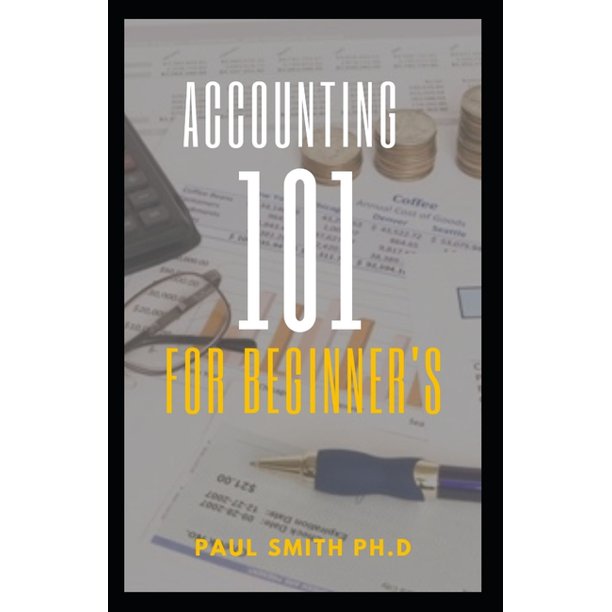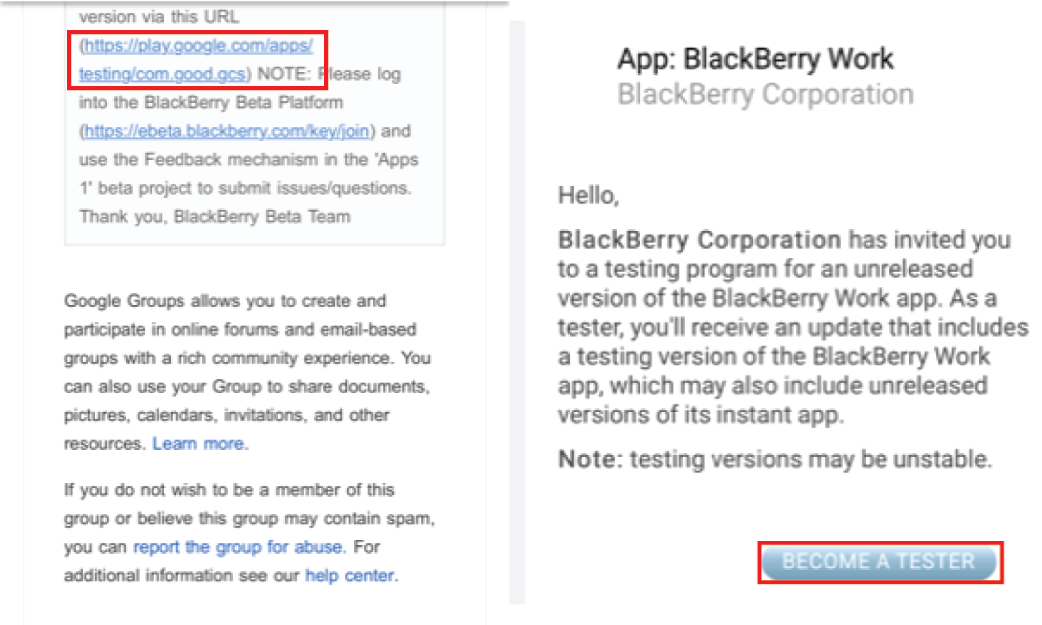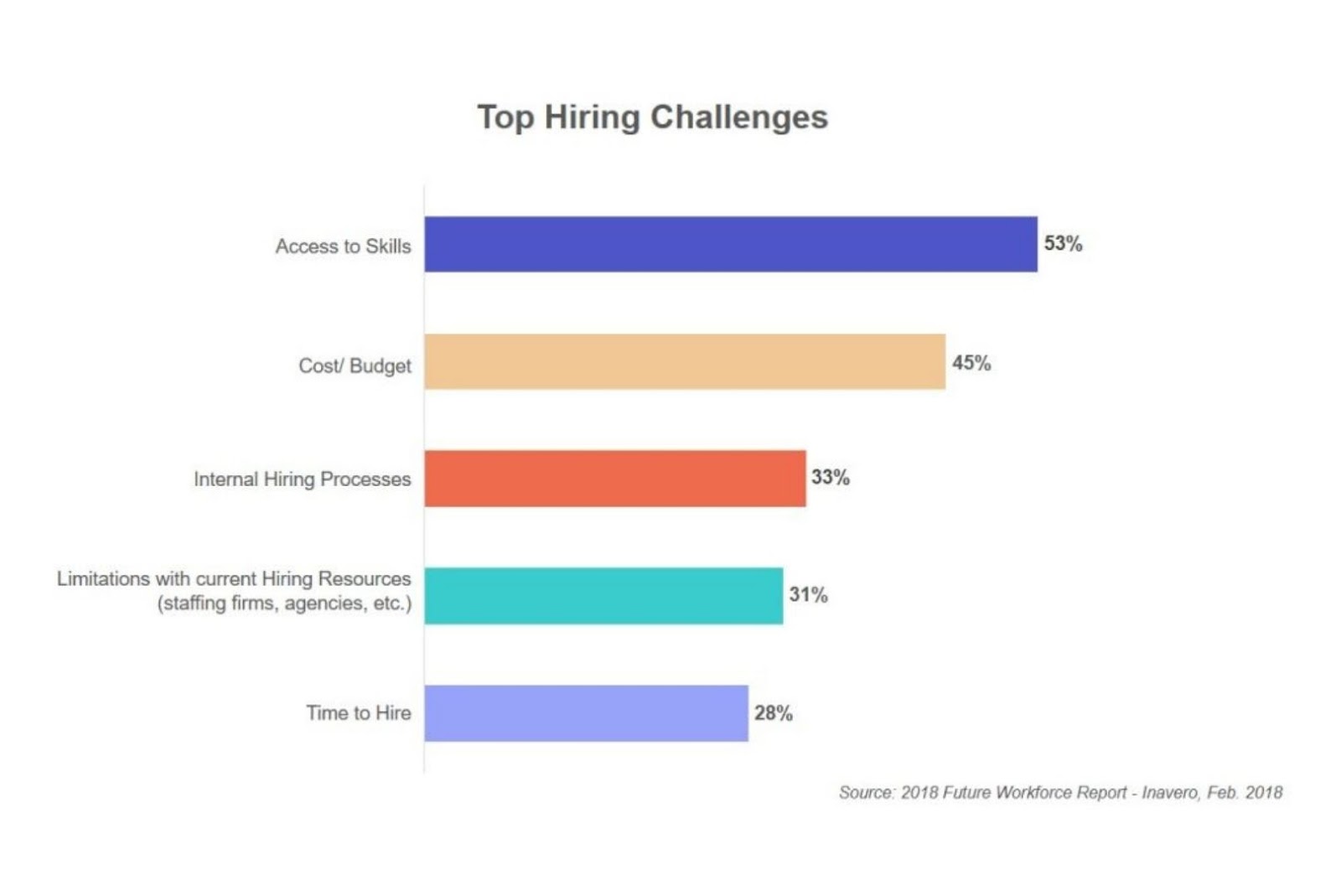
The career of water quality scientist is exciting and challenging, with many job opportunities. While a degree in water science is a must, there are many other routes to the field. Water quality experts can work for both local and national organizations. Consultants are a good choice for those with a lot of experience.
Qualifications
Water quality specialists study the environmental consequences of various pollutants in rivers as well as lakes. Others focus on ecosystems and others look at human-made systems like wastewater treatment facilities or drinking water supplies. Water quality specialists are often called upon to maintain safety and protect the environment. They may also be interested in coastal waters.
A degree in water science will help you get started in this area. Some universities offer graduate courses in this area. Some universities offer apprenticeships that combine part time study and paid work.

Work environment
Water quality scientists' main responsibility is to preserve water supply quality. This is achieved through testing, regulation, and analysis. They usually specialize in water quality, whether it is surface, groundwater, and drinking water. They may be paid a different amount depending on the work they do. Salaries for water quality specialists can vary depending upon their education, experience, and responsibilities.
Water quality scientists will analyze samples, test them according scientific standards and offer solutions to improve water quality. A water quality scientist will analyze samples and provide expert advice regarding pollution prevention, safe release of industrial effluents, and sewage. The average starting salary for a water quality scientist is PS18,500 and ranges up to PS25,000. This job requires a commitment of full time and can require frequent travel.
Salary
Water quality scientists take samples of water from many sources and test them using scientific procedures that identify and address pollutants. They are also responsible for inspecting sites suspected of polluting and providing advice on how to safely discharge sewage and industrial effluents. The annual salary for this position is between PS1800 and PS25,000. A water quality scientist could work for a company or government agency.
The national average for a Water Quality Scientist salary is approximately $92,500. Some cities pay considerably more. Water quality scientists may be eligible to receive annual bonuses, depending on how they perform. A typical package of compensation may include travel benefits, insurance, pension, or health insurance. Water quality scientists generally work a five-day week. Some may also work on a shift basis. Additionally, the job requires extensive travel for periodic inspections and quality testing.

Education
It is necessary to have a degree in the relevant scientific discipline to become a water quality scientist. This degree should include both a biology and an analysis component. This is a highly skilled field. Candidates must be able to organize and follow through. In general, degree programs should be accredited through the Chartered Institution of Water & Environmental Management. These degrees can also be a huge advantage and may be required by some employers.
Water quality scientists could choose to get additional certification or training after receiving a degree. A PhD will help a water quality scientist gain additional knowledge and enhance their career prospects. A PhD will typically prepare a scientist for high-level positions in academia, teaching or government. It will also equip candidates with the skills and confidence necessary to work in the public domain. A post at a government agency can be a great choice for professionals who are passionate about water quality.
FAQ
How long does it usually take to become an expert consultant?
It depends on the industry and your background. Most people start their career with only a few months to find work.
However, consultants can spend many years learning before they are able to find work.
Why would a company hire a consultant?
A consultant provides expert advice on how to improve business performance. They don't sell products.
A consultant is a person who helps companies make better choices by providing sound analysis, and making recommendations for improvement.
Consultants often work closely with senior management teams to help them understand what they need to do to succeed.
They offer coaching and leadership training to help employees achieve their highest potential.
They may be able to advise businesses on ways to cut costs, improve efficiency, and streamline processes.
Do I need legal counsel?
Yes! Yes. Many consultants will create contracts for clients without seeking legal advice. This can create problems down the line. For example, what happens if the client terminates the agreement before the consultant's completion date? Or what happens if a consultant fails to meet the deadlines in the contract?
To avoid any potential problems, it is best to consult a lawyer.
What qualifications does a consultant need?
It doesn't suffice to hold an MBA. You also need to be able and willing to work as a business advisor. You must have at least two years' experience working in consulting and/or training within a large company.
You will need to have worked closely alongside senior management teams in order to develop strategy projects. This requires you to feel confident presenting ideas to clients, and getting buy-in.
A professional qualification exam like the Certified Management Consultant (CMC), Chartered Management Institute, is required.
What are the types of contracts available to consultants?
When they are hired, most consultants sign standard employment contracts. These agreements detail the length of the consultant's contract with the client, the amount he/she is paid, and other important details.
Contracts specify the area of expertise that the consultant will specialize in and the amount they will be paid. One example is that the agreement may specify that the consultant provides training sessions and workshops, webinars, seminars, or other related services.
Sometimes the consultant will simply agree to complete a task within a certain timeframe.
Many consultants sign independent contractor agreements in addition to the standard employment agreements. These agreements allow the consultant to work independently but still receive payment for his/her efforts.
What are the benefits of consulting?
Consultants often have the option to choose when and what they do.
This allows you the freedom to work wherever you like, whenever you want.
This allows you to easily change your mind and not worry about losing your money.
Finally, you can control your income and set your own schedule.
Statistics
- WHY choose me: Why your ideal client should choose you (ex: 10 years of experience and 6-week program has helped over 20 clients boost their sales by an average of 33% in 6 months). (consultingsuccess.com)
- 67% of consultants start their consulting businesses after quitting their jobs, while 33% start while they're still at their jobs. (consultingsuccess.com)
- Over 50% of consultants get their first consulting client through a referral from their network. (consultingsuccess.com)
- On average, your program increases the sales team's performance by 33%. (consultingsuccess.com)
- Over 62% of consultants were dissatisfied with their former jobs before starting their consulting business. (consultingsuccess.com)
External Links
How To
What is a typical day for a consultant?
Depending on what type of work you do, your typical day may vary. But, in general, you will spend your time researching, planning and meeting new clients.
You will often have meetings where you discuss issues and problems with clients. These meetings can be held over the telephone, online or face-to face.
You may also be asked to prepare proposals, which are documents outlining your ideas and plans for clients. You'll need to discuss your proposals with a mentor, colleague, or friend before you present them.
After all the planning and preparation you will have to put your efforts into creating some content. You could write articles, design websites, edit photos or conduct interviews.
You may need to conduct research depending on the scope of your project to find relevant statistics and figures. This could include finding out how many customers your company has and whether they purchase more than one product.
Once you have all the information needed, it is time for clients to see your findings. You can present your findings verbally or in writing.
Finally, you must follow up with clients after the initial consultation. You can call clients to ask how they are doing or send emails asking for confirmation that your proposal was received.
This is a long process that can take some time. However, it is crucial to stay focused and to maintain good relationships.